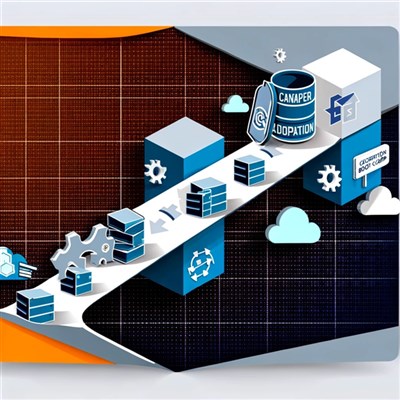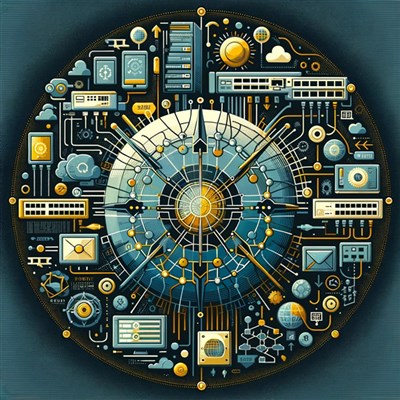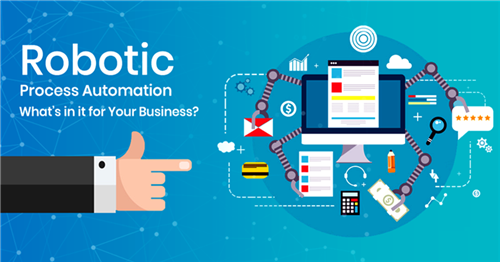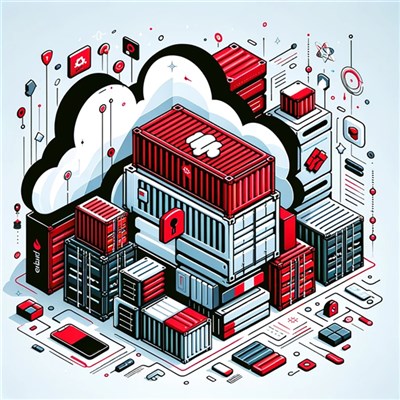withApacheKafkaandRedHatOpenShiftApplicationServ.jpgL.jpg)
In the realm of real-time data processing, Apache Kafka is a buzzword that cannot be ignored. It is an open-source software platform aimed at providing a unified, high-throughput, low-latency platform for handling real-time data feeds. But before we delve into the depths of Kafka, understanding the theory of Event-Driven Architecture is crucial.
What is Event-Driven Architecture?
Event-Driven Architecture (EDA) is a software architecture paradigm promoting the production, detection, consumption of, and reaction to events. An event can be defined as a significant change in state. In simple words, EDA involves designing a system to respond to specific changes or 'events' in the real or virtual world.
Role of Apache Kafka in Event-Driven Architecture
Apache Kafka plays a pivotal role in implementing Event-Driven Architecture. Kafka's capabilities as a distributed event streaming platform make it a preferred choice among businesses that need to handle large amounts of real-time data.
Advantages of Apache Kafka in Event-Driven Architecture
- High-throughput: Kafka can handle millions of events or messages per second, making it suitable for high-volume event processing scenarios.
- Low-Latency: Kafka provides a mechanism to allow real-time delivery of events.
- Fault-Tolerance: Kafka's distributed nature ensures that events are processed even in the case of a failure.
- Durability: Kafka maintains a log of events which provides a reliable source of truth.
Getting Started with Apache Kafka
The first step towards mastering Apache Kafka is understanding its fundamental components: Producers, Consumers, Brokers, and Topics. With this knowledge in place, you are well-equipped to start your journey with Apache Kafka.
Professionally Master Apache Kafka with Koenig Solutions
To truly understand and implement Apache Kafka in Event-Driven Architecture, professional training is recommended. Koenig Solutions, a leading IT training company, offers a comprehensive course on Apache Kafka. This course is designed to help you master the architecture, installation, configuration, and interfaces of Kafka open-source messaging. The course is well-suited for developers who are looking to gain expertise in designing Kafka clusters and developing real-time messaging solutions with Kafka.
In conclusion, Apache Kafka is an exceptional tool for creating event-driven solutions, and with proper understanding and training, you can leverage its capabilities to the fullest.







COMMENT